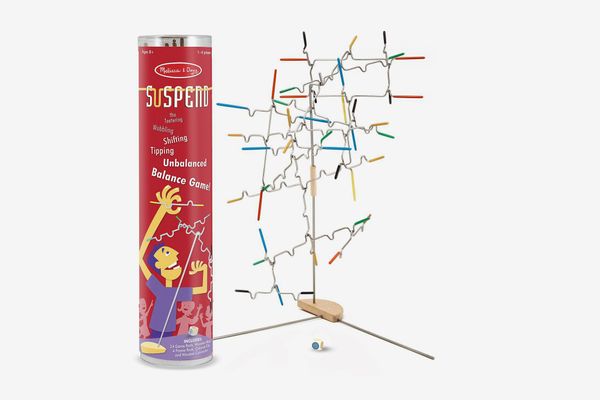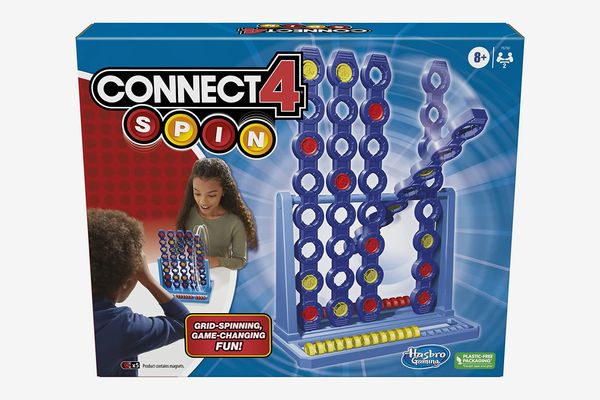Top 10 Best Board Games for Kids: Fun and Learning Combined
Top 10 Best Board Games for Kids: Fun and Learning Combined
Blog Article
The Ultimate Guide to Choosing the Best Board Games for Kids
Board games have been a preference of household amusement, giving options for cultural conversation, strategic considering, and creativity. With numerous options available, choosing the proper board games can be a overwhelming task. That information traces important facets to take into account when choosing the best board games to ensure both fun and developing benefits.

Era Appropriateness
Among the first considerations when choosing a board game is age the children who is going to be playing. Board games tend to be designed with certain age brackets at heart, taking into consideration the cognitive and social abilities typical of those ages. Search for era guidelines on the packaging or product information to make sure that the game fits your child's developmental stage. Activities designed for younger children often feature simpler rules and shorter playtimes, while these for older kids might require more technical methods and lengthier durations.
Instructional Price
Many board games offer academic advantages, helping kids develop crucial abilities whilst having fun. When choosing a game, contemplate what skills it promotes—be it critical thinking, mathematics, studying, or cultural interaction. Games that involve checking, spelling, or strategy may enhance classroom understanding in a lively environment. Parents and educators usually recognize activities that blend activity with learning, creating them a great choice for equally playtime and educational reinforcement.
Party Measurement and Conversation
Board games differ considerably in terms of the number of participants they accommodate. Some activities are designed for just two people, while others may include large groups. Consider the typical playgroup measurement when choosing a game. If you frequently variety gatherings or household game days, search for activities that may accommodate more players to inspire conversation and teamwork. Furthermore, evaluate the level of cooperation versus opposition within the game. Supportive activities, where players come together toward a standard purpose, may foster teamwork and communication abilities, while aggressive games may train balanced competition.
Play and Complexity
The period of gameplay may considerably affect your family's enjoyment. Some young ones have faster attention spans, creating rapid activities more desirable, while the others may possibly prosper in longer, more immersive experiences. Evaluate the common playtime suggested on the field and consider your youngsters' preferences. Complexity is yet another crucial factor; young kiddies might take advantage of easier rules, while teenagers might enjoy the process of more complicated mechanics.
Styles and Interests
Kiddies are often drawn to games that align with their interests, whether that is dream, experience, or history. Selecting a game title with a concept that resonates with your youngster may increase their engagement and enjoyment. Browse through the game's parts, graphics, and deal to ensure it captures their imagination.

Realization
Picking the best board games for kids requires a clever concern old appropriateness, educational price, party makeup, playtime, difficulty, and particular interests. By keeping these factors at heart, you can select games that not merely entertain but additionally donate to your child's development and foster valued household memories. With the best board games , household game evenings may become a favorite convention filled with laughter and learning. Report this page